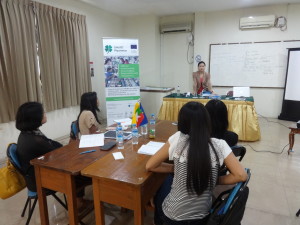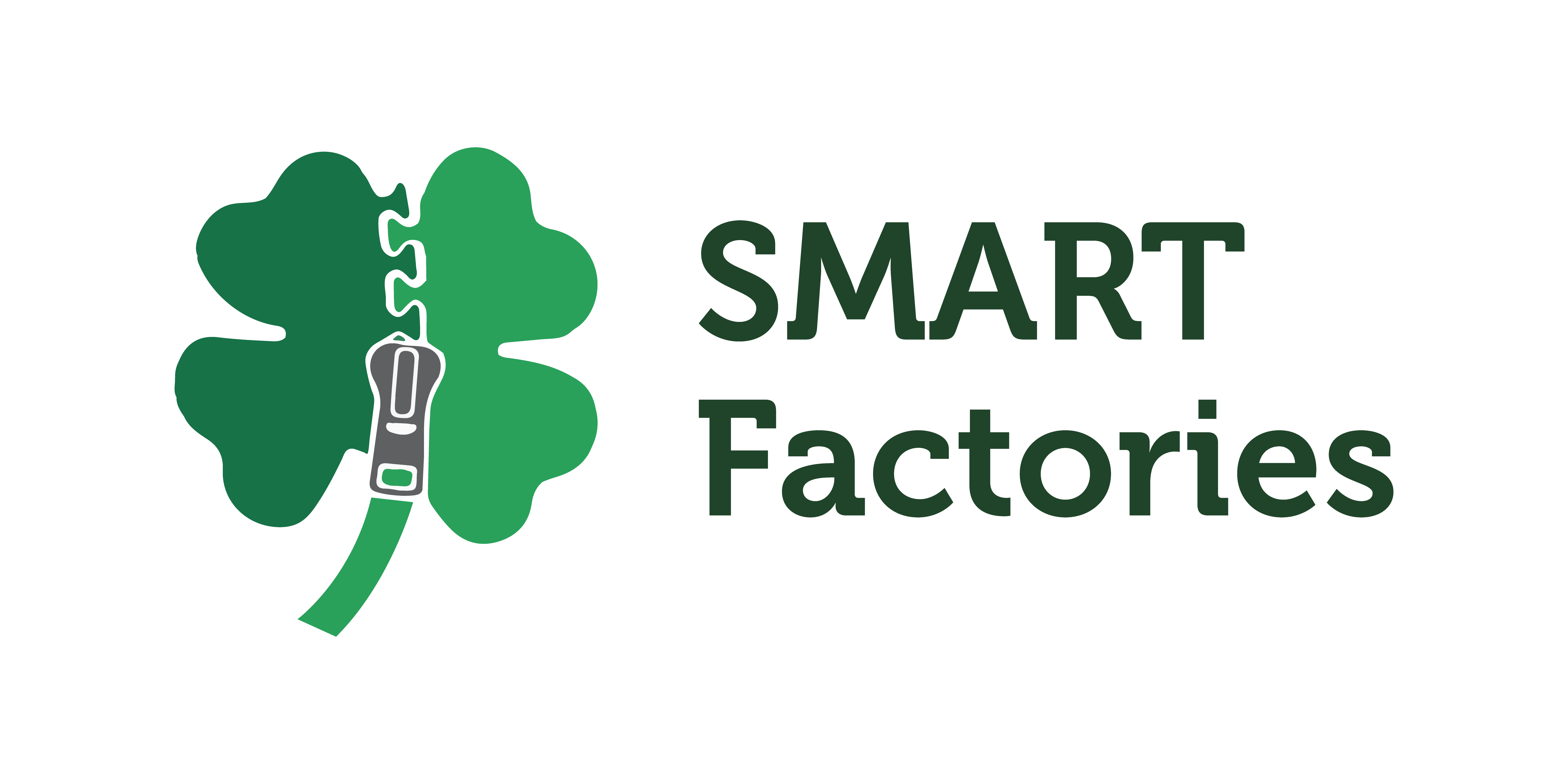 Myanmar’s garment sector used to account for 20 percent of Myanmar’s export revenue before 2003, and this industry has huge potential to contribute to economic growth in the future. However, to reach its potential there are big knowledge gaps which must be filled. For nearly a decade Myanmar’s garment producers were largely cut off from the expectations of Western markets. For this reason, SMART Myanmar is working closely with the apex industry association, the Myanmar Garment Manufacturers Association, to ensure that local producers have adequate knowledge on social compliance expectations and the responsible business practices now demanded by EU buyers.
Myanmar’s garment sector used to account for 20 percent of Myanmar’s export revenue before 2003, and this industry has huge potential to contribute to economic growth in the future. However, to reach its potential there are big knowledge gaps which must be filled. For nearly a decade Myanmar’s garment producers were largely cut off from the expectations of Western markets. For this reason, SMART Myanmar is working closely with the apex industry association, the Myanmar Garment Manufacturers Association, to ensure that local producers have adequate knowledge on social compliance expectations and the responsible business practices now demanded by EU buyers.
On December 29th, 2014, SMART Myanmar organized a Social Compliance Academy at the UMFCCI building, (the headquarters of the national chamber of commerce). Over a dozen participants from seven local factories came to learn about how they can improve their business practices to match the expectations of EU buyers. Oftentimes, unsafe practices persist simply because producers are not fully aware of the dangers. For instance, at a separate meeting one local factory manager was shocked to hear how quickly a fire can spread in a garment factory. He resolved to take fire safety more seriously after learning about the danger. Educating on such issues is important to help producers understand the reasons behind the safety requirements.
The main objective of the December Complaince Academy which is the third Academy SMART Myanmar conducts, was to review topics from previous sessions and to train the attending managers about how to communicate the lessons to their staff. Ms. Nancy Feng, senior expert from Systain and International Compliance Expert started the workshop by re-capping previous compliance academies. She also explained about the last home assignment to be given to all factories which will be “child labor prevention and remediation”.
Social compliance, factory safety and responsible business practices in general – none of these things matter if good practices are not communicated effectively and embraced by factory management and supervisors. As such, this session explored via group discussion, activities and video examples how good practices can be communicated effectively and how, in general, manager/worker communication can be improved.
One of the participants, Daw Thet Su Zin Win, Director of Maple Garment Factory remarked that “Communication is a big issue that we are currently facing at our factory. This management training is very helpful to find the solution”. All participants really appreciated the workshop when they gained stronger knowledge of communication methods and important points about social compliance.








